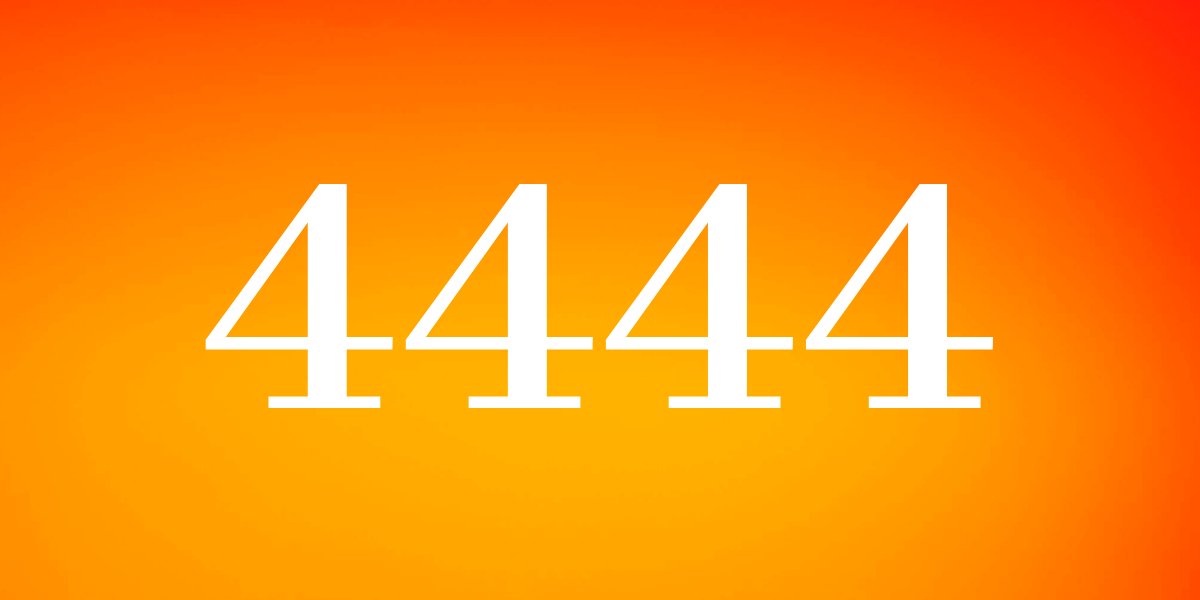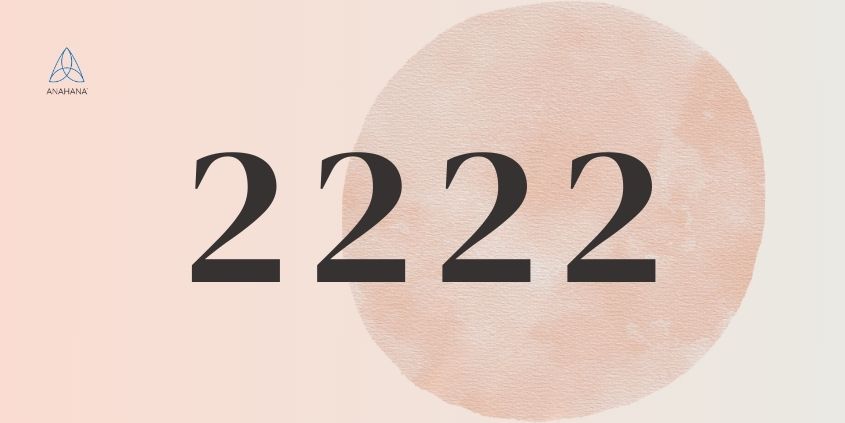As researchers, we have been closely monitoring the public health implications of the decriminalization and legalization of psilocybin, the active compound in magic mushrooms. Our analysis of data from 55 U.S. poison control centers has revealed a concerning trend – calls related to psilocybin exposures among adolescents and young adults have spiked in the wake of decriminalization efforts.

The Concerning Rise in Psilocybin-Related Calls to Poison Control Centers
The Timing of the Increase
Our study tracked psilocybin-involved exposures among individuals aged 13 to 25 over a 10-year period, from 2013 to 2022. Prior to 2019, when Denver became the first city to decriminalize psilocybin, the number of cases did not change significantly. However, a marked increase began in 2019 among 13- to 18-year-olds, and in 2020 among 19- to 25-year-olds.
| Year | 13-18 Year Olds | 19-25 Year Olds |
|---|---|---|
| 2013-2018 | Stable | Stable |
| 2019 | Increase began | No change |
| 2020 | Continued increase | Increase began |
The Magnitude of the Increase
Just two years after the first decriminalization, psilocybin cases reported to U.S. poison centers more than tripled among adolescents and more than doubled among young adults, compared to 2018 when the drug was uniformly illegal.
- Adolescent (13-18 years) cases increased by over 200%
- Young adult (19-25 years) cases increased by over 100%
The Severity of the Outcomes
The majority of the reported cases required medical attention, including admissions to a hospital or psychiatric facility. Among the most common effects were hallucinations, delusions, agitation, rapid heart rate, and confusion.
- 75.3% of adolescent cases required medical attention
- 72.1% of young adult cases required medical attention
The Broader Context of Decriminalization and Legalization
Our findings are particularly concerning given that the states and cities that have decriminalized or legalized psilocybin do not allow anyone under the age of 21 to use or purchase it. This suggests that young people are obtaining the substance illegally.
The Parallels with Cannabis Legalization
Our research corresponds with a review of over 30 studies that have demonstrated a similar rise in acute cannabis poisoning among children and adolescents following the legalization of marijuana in 1996. This pattern of increased substance use and exposure among youth is a troubling trend that policymakers should carefully consider.
The Current Legal Status of Psilocybin
As of now, psilocybin remains a Schedule 1 substance under the Controlled Substances Act, meaning it has no accepted medical use and a high potential for abuse. However, this legal status is being challenged, with Denver leading the way in decriminalization and Oregon and Colorado becoming the first states to legalize the possession and use of psilocybin.
The Potential for Therapeutic Use
While the recreational use of psilocybin has been linked to significant health risks, particularly for young people, there is also growing interest in its potential therapeutic applications. Research is ongoing into the use of psilocybin-assisted therapy for the treatment of conditions such as depression, anxiety, and addiction. However, the safety and efficacy of these treatments are still being evaluated.
Potential Explanations for the Increase in Psilocybin-Related Calls
Increased Availability and Accessibility
The decriminalization and legalization of psilocybin in certain jurisdictions may have led to an increase in the availability and accessibility of the substance, making it easier for young people to obtain and use.
Lack of Regulation and Education
The lack of comprehensive regulation and public education around the risks and proper use of psilocybin may also contribute to the increase in exposures. Without clear guidelines and safety information, young people may be more likely to use the substance irresponsibly or without understanding the potential dangers.
Normalization and Perception of Safety
The decriminalization and legalization of psilocybin may also have led to a normalization of its use and a perception of safety, leading more young people to experiment with the substance without fully understanding the risks.
Changing Social Norms and Attitudes
The shifting cultural and political landscape around the use of psilocybin and other psychedelics may also be influencing social norms and attitudes, particularly among younger generations, contributing to the increase in exposures.
Implications and Recommendations
The findings of our research have significant public health implications, particularly for the well-being of adolescents and young adults. The sharp increase in psilocybin-related exposures and the severity of the resulting health effects are deeply concerning.
Prioritizing Public Health and Safety
As policymakers continue to consider the decriminalization and legalization of psilocybin, it is crucial that public health and safety be the primary considerations. Measures should be taken to ensure that any changes in drug policy are accompanied by comprehensive regulation, education, and harm-reduction efforts.
The Need for Balanced Approaches
While the potential therapeutic benefits of psilocybin are being explored, it is essential that these efforts are balanced with a clear understanding of the risks, particularly for young people. Careful regulation, age restrictions, and robust public education campaigns will be necessary to mitigate the harms associated with the recreational use of psilocybin.
Collaboration and Interdisciplinary Approaches
Addressing the complex issues surrounding psilocybin use and exposure will require collaboration between researchers, healthcare providers, policymakers, and community stakeholders. An interdisciplinary approach that combines scientific evidence, public health expertise, and community engagement will be essential in developing effective strategies to protect vulnerable populations.
Conclusion
The alarming increase in psilocybin-related calls to poison control centers following the decriminalization and legalization of the substance in various jurisdictions is a clear public health concern that demands urgent attention. As the landscape of drug policy continues to evolve, it is crucial that the well-being and safety of all individuals, especially young people, remain the top priority. Through comprehensive, evidence-based approaches that balance the potential therapeutic benefits with the risks, policymakers and public health professionals can work to mitigate the harms associated with psilocybin use and ensure the health and well-being of our communities.





